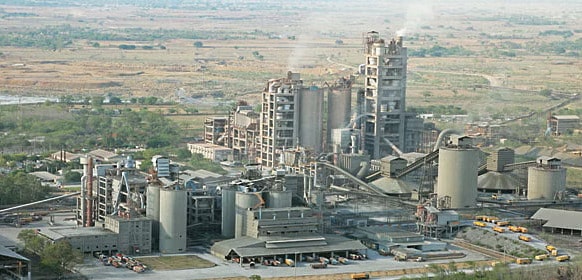India has emerged as Europe’s largest supplier of refined fuels, overtaking other major oil-producing nations. According to recent reports, India’s refining capacity and efficiency have increased significantly in recent years, enabling it to meet the growing demand for petroleum products in Europe.
The development comes at a time when the global oil industry is undergoing significant changes, with several countries transitioning away from fossil fuels and towards renewable energy sources. However, despite the growing interest in renewables, oil and gas continue to be the primary sources of energy for most countries, and demand for petroleum products remains strong.
India, which is one of the world’s largest oil-consuming countries, has been investing heavily in its refining sector in recent years, with the aim of increasing its capacity and competitiveness. The country’s refining capacity has more than doubled in the past decade, from 2.5 million barrels per day in 2010 to 5.2 million barrels per day in 2021.
The increase in capacity has been accompanied by improvements in efficiency, with Indian refineries now among the most efficient in the world. The refineries are able to process a wide range of crude oils, including heavy and sour crudes, which are typically more difficult to refine.
As a result of these developments, India has been able to expand its exports of refined fuels to other countries, including Europe. The country’s exports of refined fuels to Europe have risen sharply in recent years, from around 20,000 barrels per day in 2015 to over 300,000 barrels per day in 2021.
The increase in exports has been driven by a number of factors, including the closure of several European refineries in recent years, which has led to a shortage of refining capacity in the region. This has created an opportunity for Indian refineries to fill the gap and meet the growing demand for petroleum products in Europe.
In addition to the closure of refineries, other factors driving the increase in Indian exports include the competitive pricing of Indian refined fuels, the flexibility of Indian refineries to process different types of crude oils, and the strategic location of India’s refineries, which are situated close to key shipping lanes.
The increase in Indian exports has also had wider implications for the global oil market, with some analysts predicting that India could become a major player in the global refining sector in the coming years. The country’s growing capacity and competitiveness could enable it to challenge traditional refining giants such as the United States and China, and emerge as a key player in the global oil market.
However, despite the positive developments, there are also concerns about the impact of India’s growing refining sector on the environment and climate change. The refining process is a significant source of greenhouse gas emissions, and the growth in India’s refining capacity could exacerbate the country’s already high levels of air pollution.
To address these concerns, the Indian government has been investing in renewable energy sources and promoting energy efficiency measures. The government has set a target of achieving 450 gigawatts of renewable energy capacity by 2030, and has been implementing a range of policies and incentives to encourage the growth of the renewable energy sector.
Despite these efforts, however, the transition away from fossil fuels is likely to be a slow and challenging process, and the demand for petroleum products is expected to remain strong in the coming years. As such, India’s refining sector is likely to continue to play a key role in meeting the growing demand for petroleum products, both in India and overseas.
In conclusion, India’s emergence as Europe’s largest supplier of refined fuels is a significant development that highlights the country’s growing competitiveness in the global oil market. The increase in exports has been driven by a range of factors, including improvements in efficiency, competitive pricing, and the closure of European refineries.










